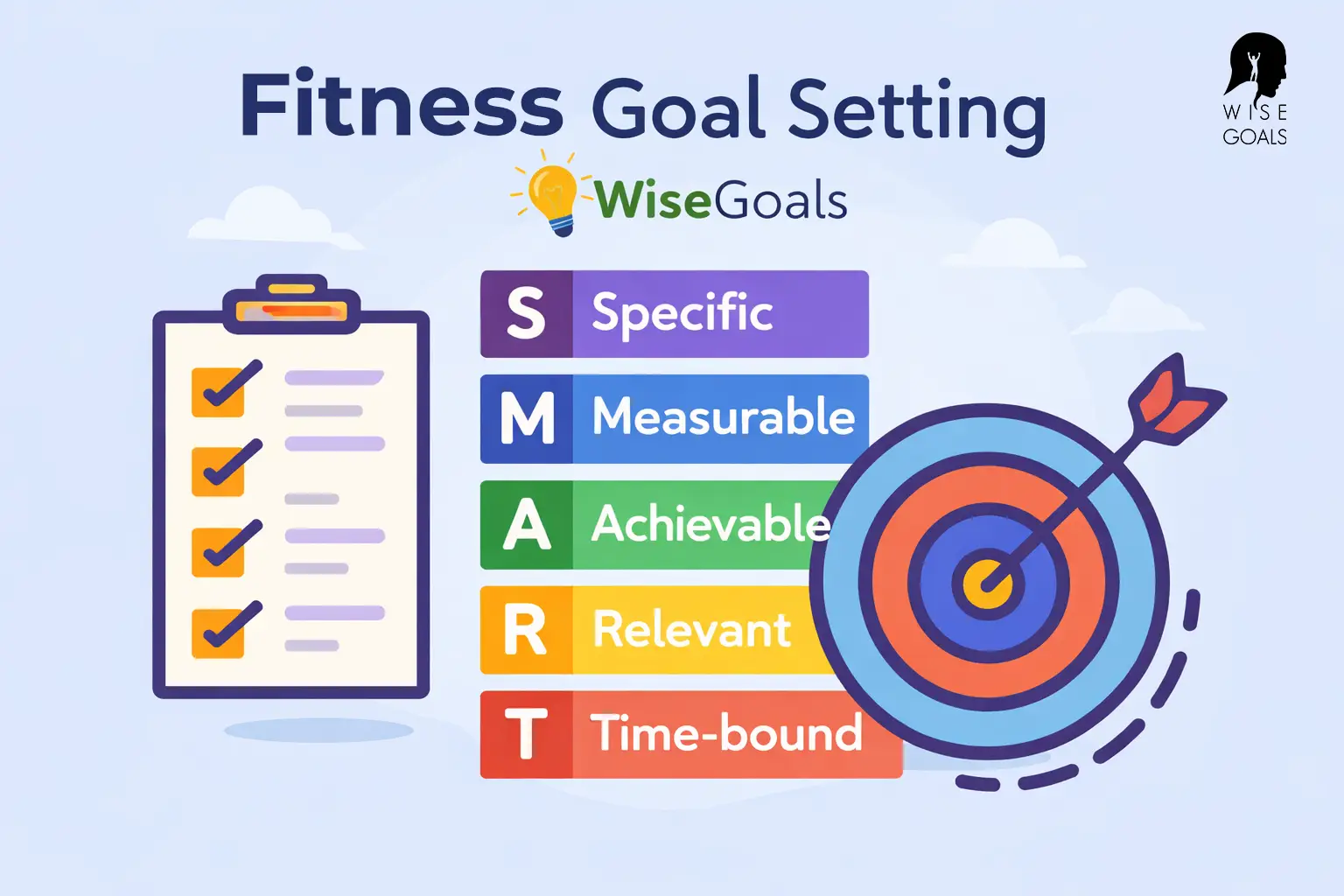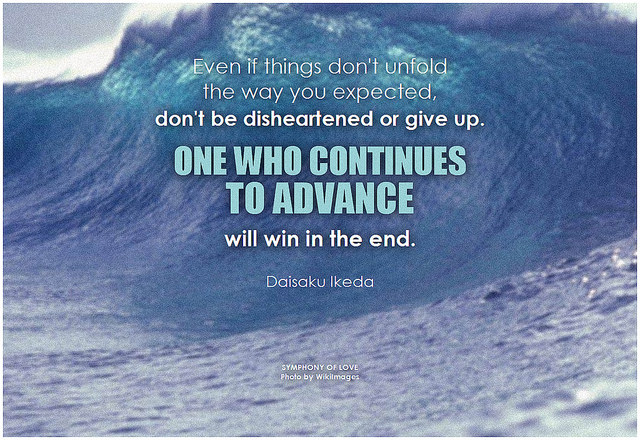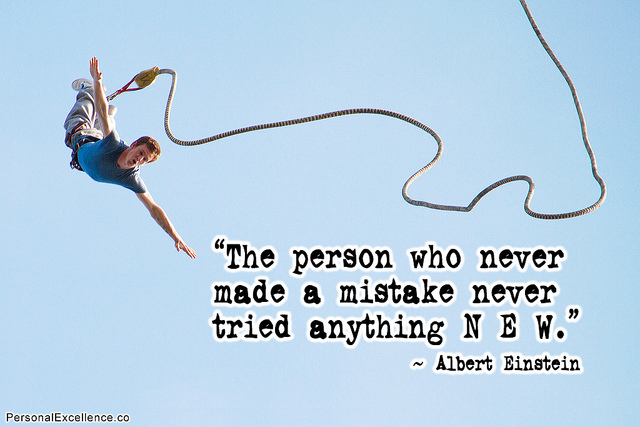- Home
- Goal Areas
- Fitness Goals
Fitness Goal setting: see real results by Utilising the Potential of Goal Psychology
Have you determined to get fit?
Your chances of success in your goal setting for fitness will improve greatly if you get to grips with, and use, the science and psychology of setting targets effectively.

The world of exercise etc is perfectly set up for goal setting. The industry makes measurement relatively easy. Measuring running and walking distance can be done with low-cost equipment and free apps.
I was a big fan of the app my fitness pal while establishing new eating habits. Now that these new habits are solidly established I don't use it. I'm grateful for how much I learnt while using it. That knowledge is still serving me now, many years later.
Yet, dieting and fitness still sometimes feels like the toughest area in goal setting! The up's and down's. Steps forwards and steps backwards. Giving up and restarting...
You'll find tips below that'll help you set goals in a way that support you in your fitness goals, whatever they may be.
Tip 1 - Take Small Steps
When it comes to fitness goals there are literally thousands of things you can do! And a thousands products or gadgets you can buy!
This may make you worry about which action is best to take...
A little worrying may be inevitable. By also focusing on trying things out and discovering through experience you'll get where you want sooner. Your inner voice may play the self-doubter, the self-criticiser, the self-judger which makes trying tougher.
 Continue. To advance. In some way. Each day.
Continue. To advance. In some way. Each day.Starting small, one step at a time, and continuing through the noise, you'll eventually start to have small positive experiences. These are the ones your body wants to see, hear and feel. So try and focus on what you can do rather than what you can't do, no matter how small, and build from there. You can build a palace starting with one tiny brick. Your fitter future self will thank you!
Tip 2 - Be patient with yourself and give yourself credit for challenging yourself
In fitness in particular it's important not to expect quick and amazing results. Ralph Waldo Emerson famously said, "accept the pace of nature. Her secret is patience". Unfortunately businesses often promise unrealistic instant changes to increase sales, which unfortunately works. Results rarely happen quickly, leading to disappointment and ultimately stagnation... and buyers usually blame themselves! It's better to discover for yourself and accept the true reality of how change happens, which is it that it usually takes more time than any business would dare promise.
Our focus should be on continuing to do the things we've decided to do and managing disappoint so it doesn't stop our gradual progress. That's the thing about change. It takes on a life of it's own if you get the start bit right.
So being kind and patient with yourself when things don't go to plan, restarting with more small changes, noticing small improvements, and giving yourself credit is a process of nurturing this dynamic within you.
 What new action and new mistake will you enjoy today?
What new action and new mistake will you enjoy today?So, how about taking a long view with more permanent changes? And above all trusting that a small change becomes another small change, and they combine to become medium sized changes, and so on and so forth.
Tip 3 - In fitness goal setting, brace yourself for difficulty!
If you can know it's gonna be difficult and be ok with that... if you feel ready for that... saying to yourself, "I know it's going to be tough, and I'm gonna be tougher" you'll be off to a great start. This might be called grit or resilience.
To brace yourself means facing up to the inevitabilities... To expect some pain, difficulty, and frustration because they exist on every challenging journey.
Of course you also want to make it easier where possible. You're both embracing and reducing pain simultaneously! You can prepare for the inevitable difficulties in many ways... looking for ways to reduce it in the moment, or choosing a path with less difficulty (but still some). Was it Maya Angelou who said something like, "Hoping for the best, prepared for the worst, and unsurprised by anything in between"?
The good news is studies in neuroscience have shown that it's in challenging difficulty that our brain grows and changes. We become more capable. If you can embrace that, telling yourself, "Now (in this moment of challenge) I'm planting the seeds for a fitter future" - the outcomes you want will become nearer and nearer.
Tip 4 - Activate your self-regulation/self-control
Have you heard of the famous cookie study? Experimenters put kids in a room with a cookie on a dish. They said, if you can wait 10 minutes and not eat it, you get two cookies. Some of the kids waited and got that 2nd cookie, and some didn't. The interesting thing is they did a follow up study when these children were adults and found that the kids who were able to resist for ten minutes were more successful as adults. Food for thought...
How important would you say self-regulation is as a strength when it comes to dieting and fitness goal setting?
Tip 5 - Find and stay connected to your personal motives
It can so easy to do something without really considering why deeply. You may set fitness goals for multiple reasons, some less impactful than others. One of my fitness goal setting tips is to connect with those reasons... the ones that really matter the most to you.
For you, it may be all about feeling good. i.e. "I want to do this because I want to feel good or energised. I know I'll feel better if I can do this". It could be about being more able to be of service to others, about lessening depression, about having more energy at work. Whatever the reason if you can find the one that most aligns with your values, and engrave it in your life, this will help a lot!
Different people value different things, to different degrees, at different times. Here are a list of some core values that you may feel connect with your fitness goals.
- Acceptance
- Achievement
- Acknowledgement
- Altruism
- Adventure
- Authenticity
- Autonomy
- Balance
- Beauty
- Creativity
- Family
- Friendship
- Fun
- Good Salary
- Happiness
- Harmony
- Health
- Helping others
- Honesty
- Humour
- Independence
- Influence
- Integrity
- Privacy
- Productivity
- Profit
- Promotion
- Reaching potential
- Recognition
- Respect
- Responsibility
- Results
- Romance
- Routine
- Security
- Self-determination
Some things will matter more to you right now than others. Acknowledging this and connecting it to your fitness goals is a source of continual motivation.
How about taking your fitness goal setting to the next level by getting your fitness goals down on paper with one of these goal setting worksheets?
- Home
- Goal Areas
- Fitness Goals
Affiliated With
We are proud to be part of professional networks that value evidence-based practice, inclusion, and social impact.

Many thanks to the kind people below who let me use their art work.
G. by Jordlet. Attribution-ShareAlike 2.0 Generic.
Sunset at Kabani River by Vinoth Chandar (Text has been added to original picture). Attribution 2.0 Generic.


